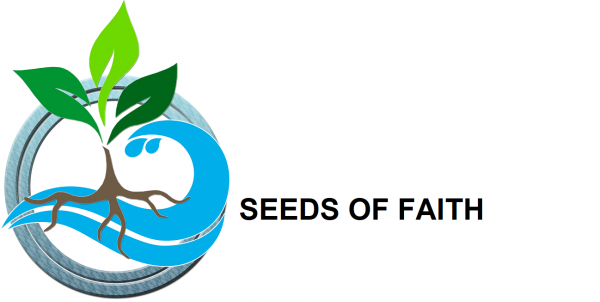On September 15 to 16, Israel celebrated Yom Kippur or the Day of Atonement. This celebration is the most sacred or holiest of all Jewish religious holidays. Yom Kippur is the ending of the “10 days of repentance” that began with Rosh Hashana or New Year’s Day.
The Day of Atonement can be found in Leviticus 23:26 to 32. God instructed Moses to “Hold a sacred assembly and deny yourselves, and present a food offering to the LORD.”
What can we learn from this celebration? What does the Bible say about this?
First, starting right means starting it with a confession and repentance.
It is good to note that the celebration of New Year’s Day in the Bible is followed by 10 days of repentance.
One of the hardest things that a person could do is to confess his or her sins. It is hard to admit that we have sinned. It is difficult to confess that we have made a mistake in front of God, and our fellows. Sometimes what we do hiding it with another sin. By doing so, we are compounding our mistakes.
By appointing a festival that focuses on repentance, God is telling us that we should find the time to evaluate ourselves, confess our sins, ask for forgiveness, and repent. When was the last time you did that?
Second, denying yourself means following the will of God.
Jesus said that if we want to be his disciples, we must deny ourselves. This is another difficult thing to do. We are stubborn, and we want to follow our own will. We want to make decisions based on what we feel like doing.
But God is telling us thru the Yom Kippur that we have to deny ourselves. Instead, we offer ourselves to be used by God. We commit to follow God’s will, and not ours.
As we go through life, let us remember Yom Kippur or the Day of Atonement. Let us reverently come before God and ask for forgiveness, and promise to do His will in our lives.
May God bless us all!
Sincerely,
Rev. Francis Neil G. Jalando-on
Director, Office of Communications
